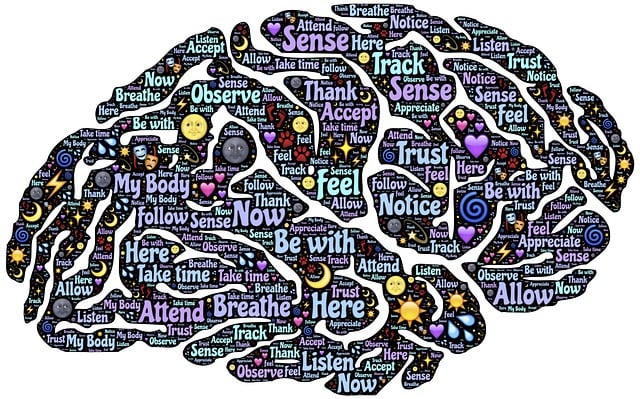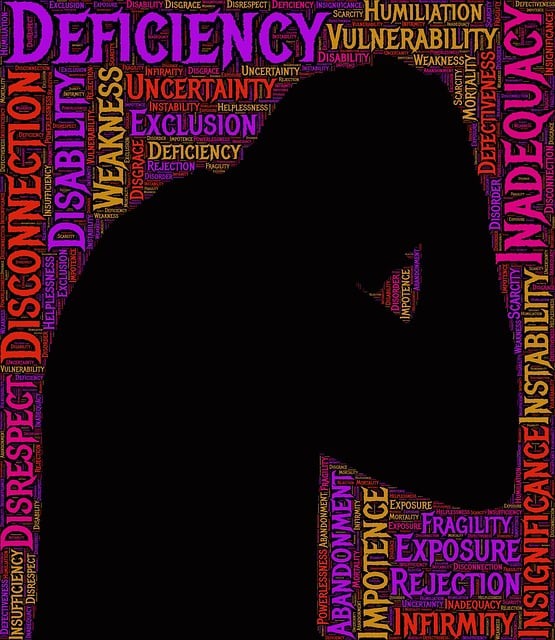Substance abuse poses severe risks to health, relationships, and quality of life, with immediate dangers like overdose and long-term cognitive & social impacts. Denver Cognitive Processing Therapy (DCPT), an evidence-based approach, targets maladaptive thought patterns through education, crisis intervention, and craving management tools. Combining DCPT with holistic lifestyle changes like exercise, diet, and sleep minimizes substance hazards and promotes recovery. Community outreach programs expand accessibility, while relapse prevention strategies, mental health advocacy, and emotional intelligence building techniques contribute to sustained recovery and a healthier society.
Substance abuse poses significant risks to individuals, relationships, and communities. Understanding these dangers is the first step towards recovery. This article explores comprehensive risk reduction strategies for substance abuse, delving into evidence-based approaches like Denver Cognitive Processing Therapy (DCPT), which focuses on cognitive restructuring. Additionally, it highlights lifestyle changes, support systems, community engagement, and effective relapse prevention techniques to foster a healthier, substance-free life.
- Understanding Substance Abuse and Its Risks
- The Role of Denver Cognitive Processing Therapy (DCPT) in Risk Reduction
- Lifestyle Changes for Minimizing Substance-Related Hazards
- Support Systems and Community Engagement for Healthy Recovery
- Relapse Prevention Strategies: Building Resilience Against Substance Abuse
Understanding Substance Abuse and Its Risks

Substance abuse is a complex issue that can significantly impact an individual’s physical and mental health, relationships, and overall quality of life. It refers to the excessive or unsafe use of substances like drugs, alcohol, or prescription medications, leading to adverse consequences. The risks associated with substance abuse are multifaceted, encompassing not only immediate dangers like overdose and accidental injuries but also long-term effects on cognitive function, emotional well-being, and social functioning. Understanding these risks is the first step towards prevention and recovery.
In Denver, Cognitive Processing Therapy (CPT) has emerged as an effective approach to address substance abuse. CPT focuses on modifying maladaptive thought patterns and beliefs that contribute to substance misuse. By combining therapy with education on mental health and building resilience through crisis intervention guidance, individuals can gain the tools needed to manage cravings and prevent relapse. This holistic approach, often integrated into Mental Health Education Programs, empowers individuals to take control of their lives, fostering a sense of empowerment and promoting overall well-being.
The Role of Denver Cognitive Processing Therapy (DCPT) in Risk Reduction

Denver Cognitive Processing Therapy (DCPT) has emerged as a powerful tool in the arsenal against substance abuse, playing a pivotal role in risk reduction strategies. This evidence-based approach goes beyond traditional therapy by focusing on cognitive restructuring, helping individuals identify and challenge negative thought patterns and behaviors associated with drug misuse. By addressing underlying emotional trauma and triggers, DCPT facilitates a deeper understanding of the individual’s relationship with substances, fostering healthier coping mechanisms.
The effectiveness of DCPT lies in its ability to enhance emotional healing processes, which are often at the root of substance abuse. Through structured sessions, clients learn to manage stress, avoid burnout prevention pitfalls, and develop better decision-making skills. This tailored therapy not only reduces the risk of relapse but also equips individuals with the tools to navigate challenging situations, promoting long-term recovery and overall well-being. Community outreach program implementation can further leverage DCPT’s potential by making this effective treatment accessible to a wider audience.
Lifestyle Changes for Minimizing Substance-Related Hazards

Making significant lifestyle changes can play a pivotal role in minimizing substance-related hazards and fostering recovery. Engaging in regular physical activity, maintaining a balanced diet, and prioritizing adequate sleep are foundational components of this process. These holistic approaches not only enhance overall well-being but also strengthen an individual’s resilience against the urge to abuse substances. Research has shown that regular exercise can effectively reduce cravings and alleviate symptoms of withdrawal, serving as a powerful burnout prevention strategy for those in recovery or at risk.
Incorporating evidence-based therapeutic practices like Denver Cognitive Processing Therapy (DCPT) can significantly complement these lifestyle shifts. DCPT equips individuals with coping mechanisms to process traumatic experiences and challenge maladaptive thought patterns associated with substance abuse. By addressing the underlying psychological factors, this therapy empowers clients to make healthier choices and avoid triggers that might lead to relapse. Crisis intervention guidance tailored to individual needs further fortifies this support system, ensuring individuals have the tools needed to navigate challenging situations without resorting to substance abuse as a coping mechanism.
Support Systems and Community Engagement for Healthy Recovery

Building a strong support system is an integral part of any substance abuse recovery journey. In Denver, Cognitive Processing Therapy (CPT) has proven effective in helping individuals process and overcome traumatic experiences that often contribute to addiction. CPT encourages clients to reflect on their thoughts and behaviors, fostering self-awareness and personal growth. This therapeutic approach can be significantly enhanced by a robust community network. Engaging with like-minded individuals through support groups or community initiatives provides a sense of belonging and accountability, which are crucial for long-term recovery.
Community engagement also offers opportunities for social skills training, mental wellness journaling exercises, and even advocacy initiatives related to Mental Health Policy Analysis. These activities not only promote mental health but also equip individuals with coping strategies and resilience. By actively participating in their communities, recovering individuals can find purpose, build strong support systems, and reduce the risk of relapse, contributing to a healthier and more supportive society.
Relapse Prevention Strategies: Building Resilience Against Substance Abuse

Relapse prevention is a critical aspect of recovering from substance abuse. Building resilience involves a combination of Denver Cognitive Processing Therapy (DCPT) and other strategies tailored to address underlying mental health issues and emotional triggers. DCPT helps individuals process and reframe harmful thought patterns that contribute to drug cravings and relapse. By understanding and challenging these cognitive distortions, individuals can gain control over their behaviors and make healthier choices.
In addition to therapy, burnout prevention and emotional intelligence play a pivotal role in sustaining recovery. Engaging in regular journaling exercises, for instance, provides guidance on tracking moods, triggers, and coping strategies. This self-reflection empowers individuals to identify potential relapse signs early and implement effective countermeasures. Cultivating emotional intelligence enables better stress management, increased awareness of feelings, and enhanced ability to make conscious decisions free from impulsive cravings. These practices collectively contribute to long-term mental wellness and reduce the risk of substance abuse relapse.
Substance abuse poses significant risks, but a multi-faceted approach can significantly reduce these hazards. By combining evidence-based therapies like Denver Cognitive Processing Therapy (DCPT), lifestyle modifications, robust support systems, and effective relapse prevention strategies, individuals can achieve lasting recovery. These comprehensive risk reduction strategies empower folks to break free from substance abuse’s grasp and build a healthier, more fulfilling life.












